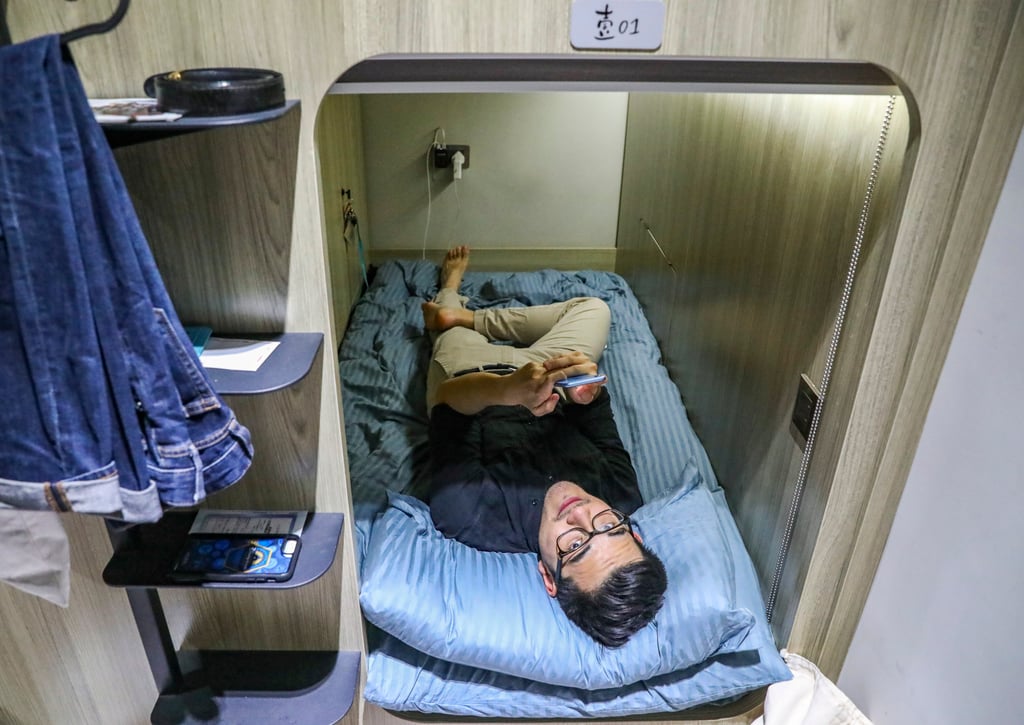Hong Kong policy address: city leader says blueprint is ‘ambitious, yet realistic’, but what do residents think?
- Chief Executive John Lee has laid out plans targeting immigration, tech innovation, housing and healthcare, among other areas
- His measures aim to tackle problems fundamental to everyday life, but are residents confident his plan will work?

Lee took up office vowing to listen to the public, and many of his measures aim to directly address complaints that are commonly heard in restaurants, parks and taxis across the city. Beijing and pro-establishment lawmakers welcomed what the leader labelled an “ambitious, yet realistic” blueprint, but what do residents think about the initiatives?
Below, five residents tell us whether they expect Lee’s proposed solutions will make a difference in their lives.
Talent

Data analytics manager Adriel Tjokrosaputro, a 28-year-old Indonesian living in Hong Kong since 2018, said he was not sure whether the new measures tackling a brain drain would be enough to attract talent, given the city’s tough approach to containing Covid-19.
“As much as Hong Kong wants to be a hub of innovation, unless the government is willing to take more risks in the long-term, it will be pretty much limited to domestic or mainland [Chinese] innovation hubs rather than a global one,” Tjokrosaputro said.
“If someone gets this visa and decides to just not work for the entire 24 months, would that be allowed?” he asked, referring to the new scheme that allows graduates from top universities to stay in the city for two years without a job.